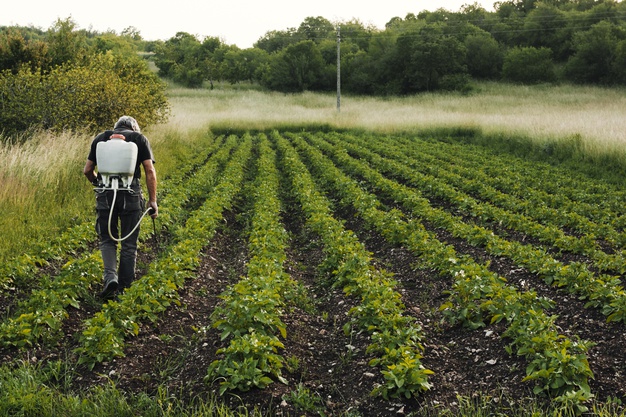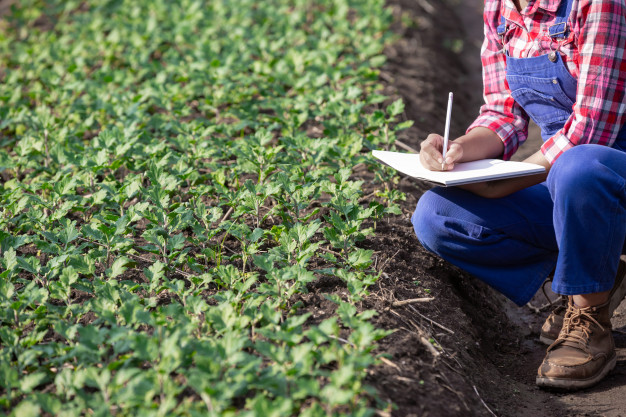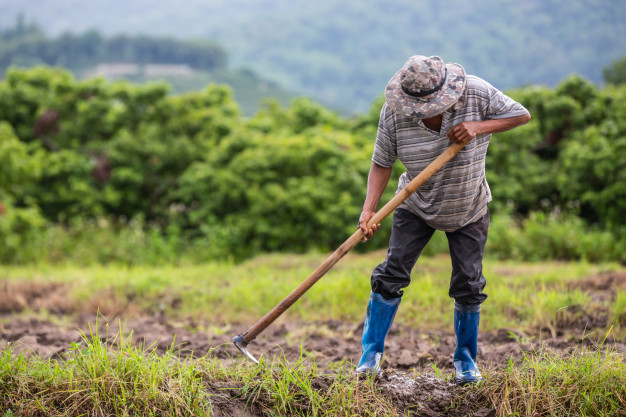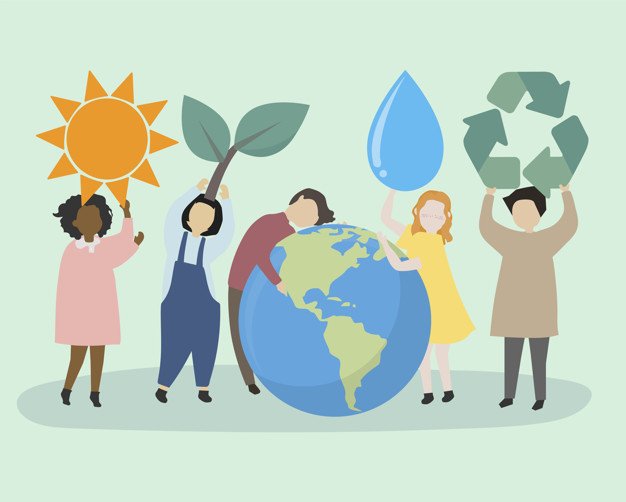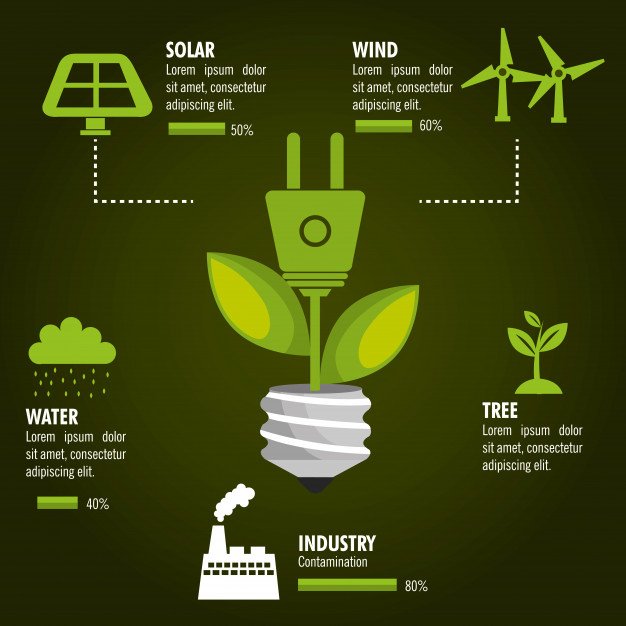Farming is the oldest profession, and people were doing it since the dawn of time. Due to civilization progress, humans slowly stopped doing this, and moved into the city, as it offered more possibilities. However, recently farming is on the rise again. Get in touch with somebody who is already running an organic farm.
Starting in a brand new field is challenging and thrilling at the same time. If you were thinking of creating an organic farm, but you don’t have much knowledge and idea how to start, you’re not the only one. Beginnings are always rough, and everybody had to start from the place where you’re at right now. But look at how many people succeeded. If you want to be one of them,
Here are the most helpful tips that will make it easier to organize an organic farm:
Write down your plans and goals
First of all, ask yourself questions that will help to clarify what you need to do. It doesn’t matter if you don’t know the answers to them yet. They are meant to establish a general plan for your farm making. You don’t know if you’re going to run a business or just grow food for you and your family? It’s not a problem, because the question will make you think more intensively about this issue, and maybe you’ll be able to find answers and solutions when any doubts pop up in your head.
As a result of this process, a picture of your future farm will appear in your head. At first, it can be blurred, but the more questions you can answer, the more real it’ll become.
Get in touch with more experienced people
You have to learn the basics of organic farming. There are a few ways to do it. You can find a massive amount of information about farming on the internet. Greenhouse Stores often runs a blog with useful articles about it. Forums, videos, blogs, tutorials, and other various guides can provide you with even more information. However, you should be selective when it comes to internet resources. Not all of them are useful.
That’s why it might be a good idea to get in touch with somebody who is already running an organic farm. A simple conversation with more experienced people will often benefit you more than anything else. All these farmers have gone through a similar process, and they will know what the exact mistakes are, and how you can avoid them. You can also consider visiting an organic farm in Thailand to get hands-on experience and learn more about the process.
Seek for a good location
Perhaps this is the most crucial factor for your organic farm success. You have to find a place that meets specific standards. First of all, the soil has to be fertile. It should be free from pesticides and synthetic fertilizers for a minimum of three years. That’s a crucial factor that many people often forget about.
Excellent quality of soil is the most important, but other things might also have a significant impact on your farm’s success. It is, for example, good drainage. Excess standing water can choke your crops. That’s why you have to get a proper drainage system. It’ll guarantee that soil is well aerated. The system prevents soil erosion, and soil slippages (if your farm is on a slope).
Water is the next issue that you have to be aware of it. Crops need it to live, that’s why proper irrigation is necessary. Unfortunately, there’s no simple solution. Irrigation methods differ depending on what you’re going to grow, and what climate you live in. In some cases, on-site wells and rainwater could be enough, but installing an irrigation system is the best possible way to go.
Take care of your crops
Organic farming is a long process, and it’s more demanding than conventional agriculture. That’s why you have to put a lot of time and effort into it. Watering is obvious, and you should do that at least 2-3 times a day. However, you should also take care of other crop maintenance practices such as weeding, pruning, soil cultivation, and mowing. Put as much effort and love into farming, and results will be very fruitful.
Starting an organic farm is not an easy job, but if you take care of every detail that was covered in this article, there are high chances that your farm will be successful. Work hard, put love in what you do, and soon you’ll be a proud owner of a great organic farm.
Read Also:













